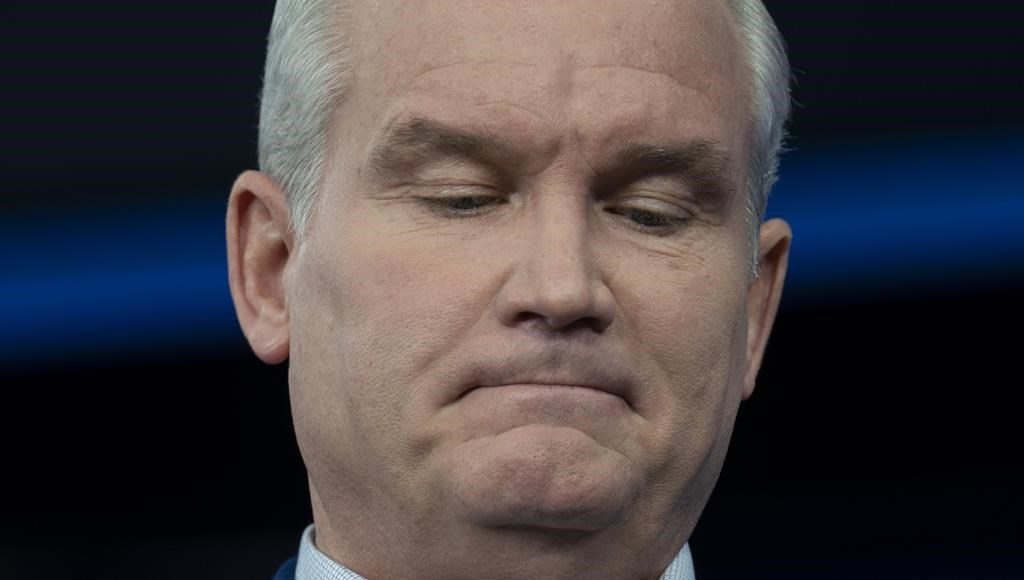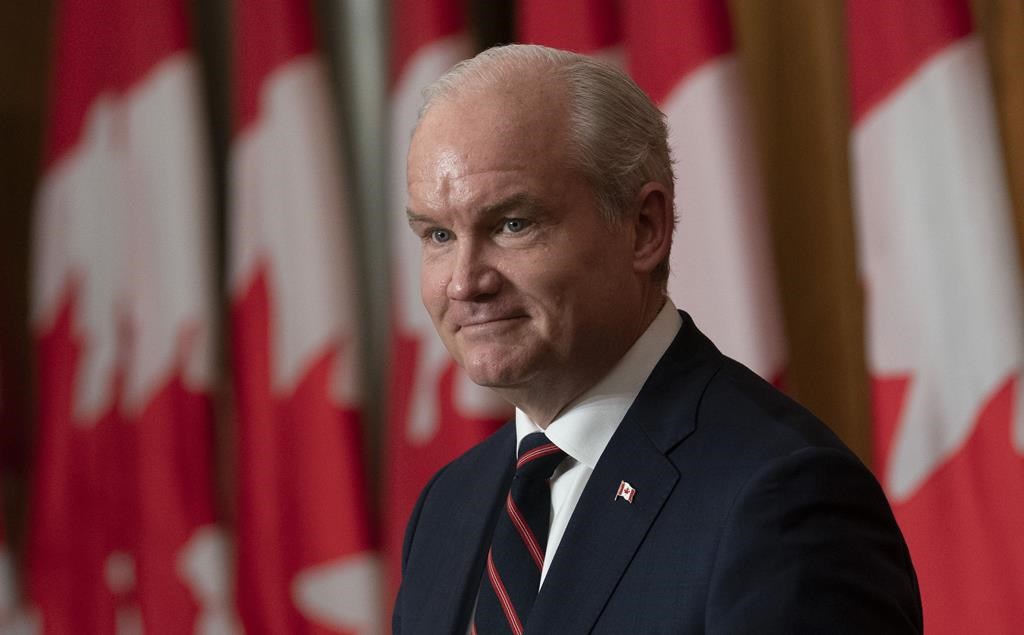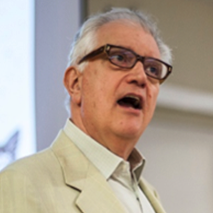Pierre Poilievre is the acknowledged frontrunner in the Conservative Party leadership campaign. The longtime MP and former cabinet minister is favoured by 50-55 percent of party supporters in most major opinion polls. The gap between Poilievre and his closest rival, former federal PC leader and former Quebec Liberal premier Jean Charest, is roughly 34-40 points on average.
These numbers will undoubtedly bounce around before the Sept. 10 vote. It’s hard for a leadership candidate in any political party to maintain this type of momentum and enthusiasm for an extended period of time.
One polling firm, Abacus Data, recently suggested the margin between Poilievre and Charest slipped from 28 percent in early May to 21 percent on May 25. While the overall gap seems rather low in the face of existing data from other companies, the apparent shift in momentum on either a temporary or permanent basis isn’t completely illogical.
Regardless, Poilievre’s leadership campaign is and remains highly successful. Putting the numbers aside, an obvious indicator of this is the way his critics and opponents have predictably painted his policies, ideas and opinions.
Charest suggested in April that Poilievre should be “disqualified” from the leadership race for supporting the Freedom Convoy, and criticized him for supporting “an illegal blockade” during the May 5 debate. At the May 25 debate, he went as far to claim that Conservatives don’t want a leader “to go sending signals about conspiracy theories, who goes off into theories about the Bank of Canada or bitcoin.”
Ed Fast, the co-chair of Charest’s leadership campaign, abruptly resigned as Conservative finance critic on May 18. The reason? When he spoke out against Poilievre’s suggestion that he would fire Bank of Canada Governor Tiff Macklem, he claimed that several caucus colleagues tried to mute him. “Some of the MPs who tried to muzzle me don’t even agree with Pierre’s policies themselves,” he wrote in an email distributed by the campaign, “But still, they wanted me to keep my mouth shut. I refused.”
A former Bank of Canada governor did go after Poilievre. When the leadership candidate called the central bank “financially illiterate,” David Dodge called the statement “bullshit” during a May 8 interview with CTV Question period host Evan Solomon. “I’m very insulted by that,” he continued, claiming the Bank of Canada “understands what’s going on, they made a judgment call, which I think was 100 percent right.”
Leslyn Lewis, also a leadership candidate, suggested that Poilievre “did not even speak up” about the Freedom Convoy “until it was convenient for you.” Another leadership candidate, Patrick Brown, critiqued Poilievre’s interest in bitcoin and cryptocurrency by calling it “magic internet money.” And there’s been a litany of political commentators, columnists, opinion makers and average Canadians speaking out against just about everything Poilievre says, does and thinks.
Has any of this bothered Poilievre? Not in the slightest. He’s successfully pushed back in each and every instance.
Charest was bombed for his refusal to discuss his role as a consultant with Huawei Technologies, spendthrift nature as Quebec Premier and “repeating a bunch of Trudeau rhetoric on our hard-working truckers,” for instance. Brown was blasted for his flip-flop on the carbon tax, “lying in his attacks on the Harper government” and the “little coalition” he’s formed with Charest. There have also been sold retorts against Dodge, Fast, Lewis and other critics and opponents.
Part of Poilievre’s long-standing skill set has been an ability to make strong statements and back them up with facts, ideas and memorable quips. He’s passionate and combative during tete-a-tete encounters, and will defend his ideas and policy positions to the bitter end.
“My critics say I’m a bulldog,” he tweeted on Sept. 17, 2021. “They’re right.”
Conservative party members are largely pleased with Poilievre’s tone, tenor and tactics. They’ve enjoyed his speeches, and attended his rallies in record numbers. They respect his strategic mindset, and appreciate his thoughtful, intelligent ideas. They agree with his small “c” conservative values on lower taxes, smaller government and more rights and freedoms. They respect the fact that he’s discussing outside-the-box issues like affordable housing, cryptocurrency and making the Bank of Canada and its current Governor more accountable – or else.
Most importantly, they’re not paying a great deal of attention to the fear-mongering coming from his critics and opponents. Party supporters largely don’t see Poilievre as being extreme or populist in nature, but rather a person of conservative convictions who is willing to engage in open-minded discussions.
“The reason Pierre Poilievre is the favourite to win the Conservative party leadership should be no surprise to anyone: it is because he is speaking to people desperate for a voice,” Macdonald-Laurier Institute director Aaron Wudrick wrote in the National Post on May 27. “His critics cannot have it both ways. They cannot complain about the increasing polarization of society while at the same time insisting a substantial chunk of people on the ‘wrong’ side of various debates should have zero voice in those debates.”
Wudrick is right. If Poilievre’s critics and opponents continue to utilize this foolhardy strategy, the momentum for his already-successful leadership campaign will continue to flourish during the summer and fall. That’s exactly what the Conservative frontrunner is counting on.
Michael Taube, a long-time newspaper columnist and political commentator, was a speechwriter for former Canadian prime minister Stephen Harper.











